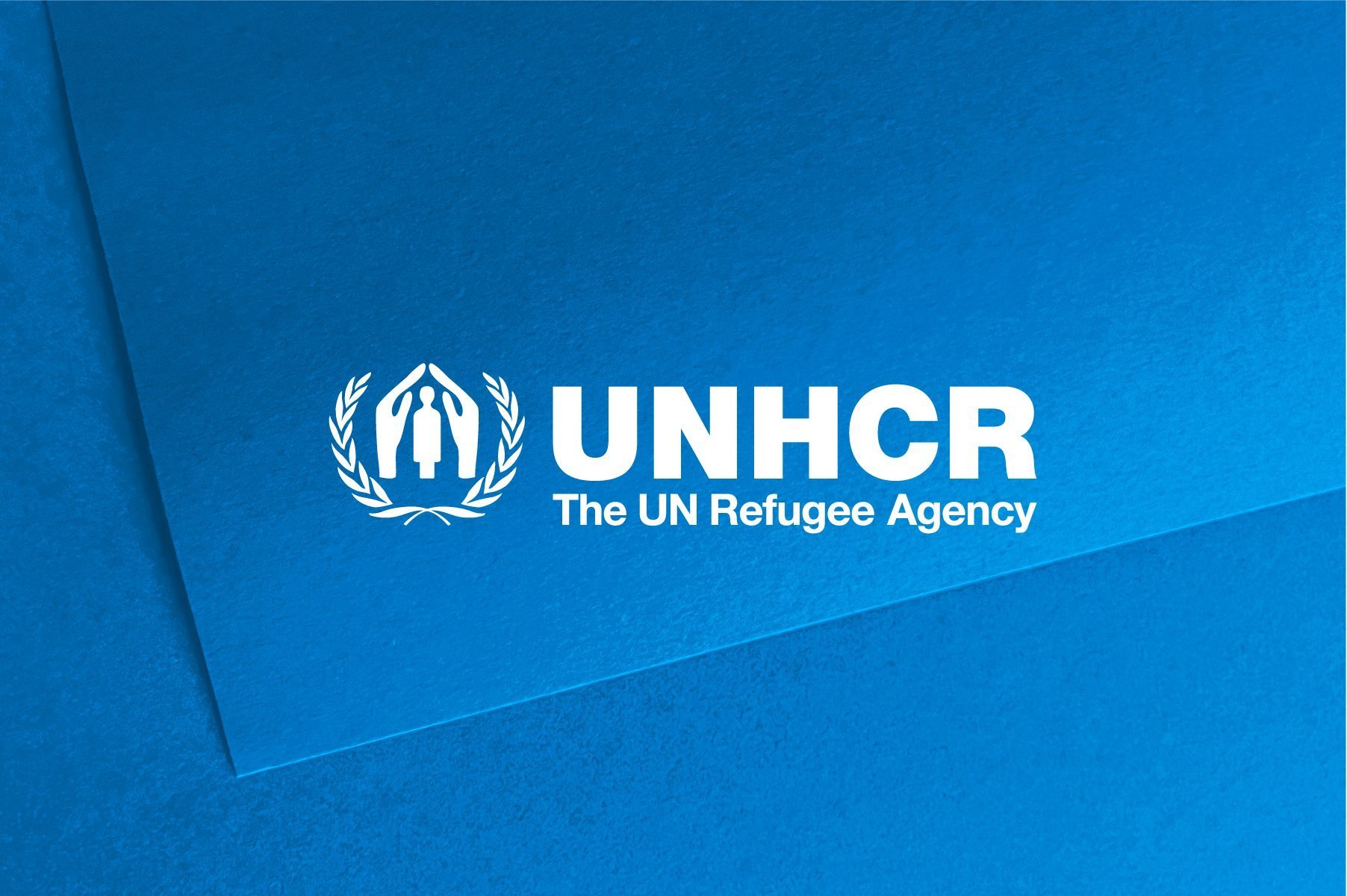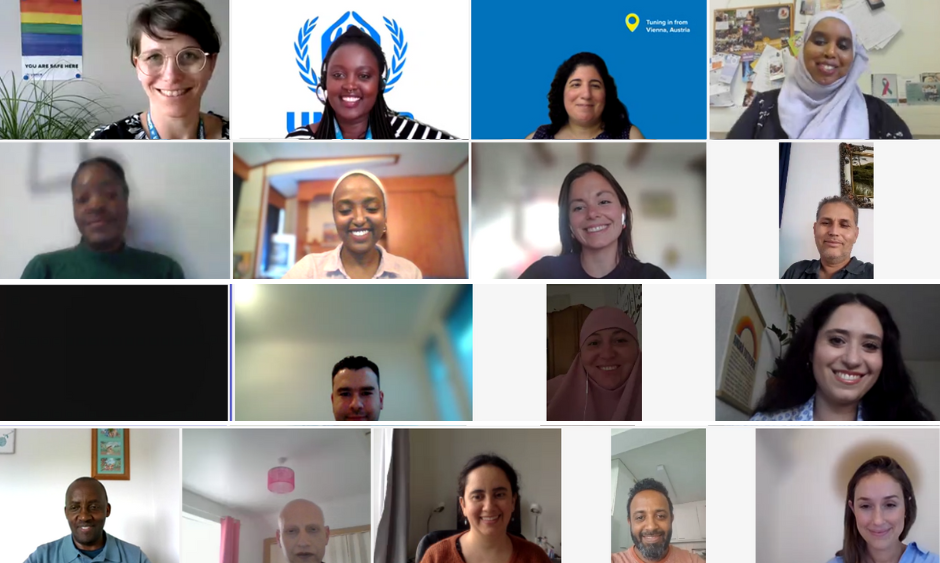FAQ: Humanitarian Admissions Programme
FAQ: Humanitarian Admissions Programme
What is the Humanitarian Admissions Programme 2 (IHAP)?
The Minister for Justice and Equality, Charlie Flanagan TD, and the Minister of State with special responsibility for Equality, Immigration and Integration, David Stanton TD, launched the first call for nominations under the Irish Refugee Protection Programme (IRPP) Humanitarian Admission Programme 2 (IHAP) on 12 May 2018. See the Ministers’ announcement here.
The IHAP is additional and complimentary to existing rights and entitlements to family reunification under Irish law. The programme will provide an opportunity to Irish citizens and persons with Convention refugee status, subsidiary protection status, and programme refugee status, who have immediate eligible family members from the top 10 major source countries of refugees, to propose to the Minister for these family members to join them in Ireland.
Up to 530 persons will be given the opportunity to join immediate family members in Ireland under the programme.
What are Complementary Pathways?
The increase in forced displacement worldwide, as well as the protracted nature of many refugee situations, has led to an increase in resettlement needs. For 2018, UNHCR estimated global resettlement needs to be 1.2 million people. Unfortunately, the number of places currently available for resettlement can meet only a fracture of these needs with just 65,109 refugees departing on resettlement in 2017. In this context, complementary pathways of admission for those in need of international protection can provide additional opportunities as well as expedited legal and practical solutions for refugees in certain situations.
On September 19, 2016, the United Nations General Assembly unanimously adopted the historic New York Declaration for Refugees and Migrants with the aim of enhancing international cooperation in response to large movements of refugees. 193 member states of the United Nations committed to ease pressure on host communities in protracted situations of mass displacement. In doing so, states committed to consider “the expansion of existing humanitarian admission programmes, possible temporary evacuation programmes, including evacuation for medical reasons, flexible arrangements to assist family reunification, private sponsorship for individual refugees and opportunities for labour mobility for refugees, including through private sector partnerships, and for education, such as scholarships and student visas.”
UNHCR Ireland has welcomed the IHAP as an innovative complementary pathway and expression of Ireland’s continued commitment to providing increased opportunities to some of the most vulnerable people and their families to come to Ireland to find safety and rebuild their lives here.
What is a Humanitarian Admissions Programme (HAP)?
There is no commonly agreed definition of a Humanitarian Admission Programme, however they are generally utilised as a form of expedited process that can enable large numbers of refugees to depart quickly to a safe receiving country. Humanitarian Admission has been described by the European Resettlement Network as the “process by which countries admit groups from refugee populations in third countries so as to provide temporary protection on humanitarian grounds”. It is a form of complementary pathway, that is additional and separate to existing resettlement programmes and family reunification entitlements, although HAPs may feature a number of shared elements or characteristics of such schemes.
What nationalities can avail of the IHAP?
In deciding the eligible countries of nationality for consideration under the IHAP, the Department of Justice and Equality has chosen the top ten major source countries of refugees set out in UNHCR’s Annual Global Trends Report. The Global Trends Report is published every year to analyze the changes in UNHCR’s populations of concern and deepen public understanding of ongoing crises. UNHCR counts and tracks the numbers of refugees, internally displaced people, people who have returned to their countries or areas of origin, asylum-seekers, stateless people and other populations of concern to UNHCR. The 2017 Global Trends Report will be released on 19 June 2018.
At present those countries are Syria, Afghanistan, South Sudan, Somalia, Sudan, DR Congo, Central African Republic, Myanmar, Eritrea, and Burundi. The proposed beneficiaries must be nationals of one of the ten countries listed and be residing in that country/ a neighbouring country and/or be registered with UNHCR.
Who is eligible to make a proposal?
Proposers in the IHAP programme must have convention refugee, programme refugee or subsidiary protection status in Ireland or be Irish Citizens in order to be eligible to nominate their proposed beneficiaries to join them under the programme.
What family members can I propose under the IHAP?
Eligible Categories of Beneficiaries under the IHAP:
- The Proposer’s Adult Child (who must be unmarried and without dependants)
- The Proposer’s Minor Child (where the Minor Child is not eligible for reunification with a sponsor under the terms of the International Protection Act 2015. The Minor Child must be unmarried and without dependants)
- The Proposer’s Parent (where not eligible for reunification with a sponsor under the terms of the International Protection Act 2015)
- The Proposer's Grandparent
- A Minor Child for whom the Proposer has parental responsibility * (e.g. Orphaned Niece/Nephew/Grandchild, Sibling)
- A vulnerable close family member for whom the proposer is the primary caregiver and who is not part of another family unit.
- The proposer’s spouse or civil partner as recognised under Irish law (where not eligible for reunification with a sponsor under the terms of the International Protection Act 2015) or the proposer’s de facto partner **
* In certain circumstances, where a proposer does not have sole parental responsibility, the consent of the person that shares responsibility will be required.
** may be granted to both opposite and same sex partners who have been together in a relationship similar to marriage or civil partnership, and have a mutual commitment to a shared life together to the exclusion of all others. The proposer must be in a position to provide sufficient evidence of a durable relationship.
In the current open call for proposals to the Minister, the proposed beneficiaries must be nationals of one of the following ten countries and be residing in that country/ a neighbouring country and/or be registered with the UNHCR:
- Syrian Arab Republic
- Afghanistan
- South Sudan
- Somalia
- Sudan
- Democratic Republic of the Congo
- Central African Republic
- Myanmar
- Eritrea
- Burundi
Note: If proposed beneficiaries are eligible to join a person (sponsor) granted International Protection under the International Protection Act 2015, they will not be eligible to participate in this programme.
How do I make a proposal?
If your family member is eligible for consideration for the programme, complete the proposal form and return it with all required documents by post to:
IHAP
PO Box 12953
Dublin 2
Proposals may also be submitted by email to [email protected].
The first open call for proposals runs from 14 May to 30 June 2018. Further open calls are planned for periods beginning 1 September and 1 November.
How does the IHAP relate to recent changes to family reunification laws?
Refugees and subsidiary protection beneficiaries have a legal right to family reunification for certain family members under Irish law. However, since the introduction of the International Protection Act 2015 the rights of refugees in Ireland to be joined by close family members have been curtailed in a number of ways. Under the provisions of the 2015 Act, refugees lost their entitlement to be joined by close family members, outside of the nuclear family, even where they previously lived together as part of the same family unit or where a relationship of dependency exists. Previously, refugees could apply for such family members under the Refugee Act 1996. Refugees who have become naturalized Irish citizens no longer have a right to family reunification under the International Protection Act 2015.
New statutory time limits have been introduced, giving refugees one year to make applications, even where the failure to do is for reasons outside of their control; for example, if their family members’ whereabouts are unknown.
Further information on family reunification under the International Protection Act 2015 is available on the INIS website Family Reunification FAQs. UNHCR’s Guide to the International Protection Procedures in Ireland also provides a summary here on page 15.
Note: If proposed beneficiaries are eligible to join a person (sponsor) granted International Protection under the International Protection Act 2015, they will not be eligible to participate in the IHAP.
In addition to the family reunification entitlements set out in the International Protection Act 2015, non-EEA nationals (European Economic Area) who have permission to remain in the State are also eligible to apply for family reunification for particular family members. The categories of non-EEA nationals who are entitled to apply and the family members who they may apply for under this Non-EEA family reunification scheme are outlined in the Irish Naturalisation and Immigration Service Non-EEA Family Reunification Policy Guidelines.
UNHCR continues to call for the Minister for Justice and Equality to apply his discretion flexibly, with due regard for humanitarian considerations, when deciding applications under the non-EEA family reunification scheme for close and dependent family members of refugees that are not from the ten countries eligible to apply under IHAP.
Where can I find further information?
Please visit the INIS website IHAP FAQs or contact UNHCR Ireland on [email protected] / 353 1 631 4618





